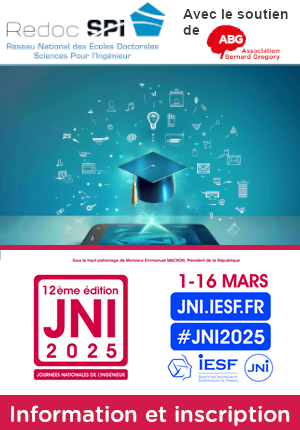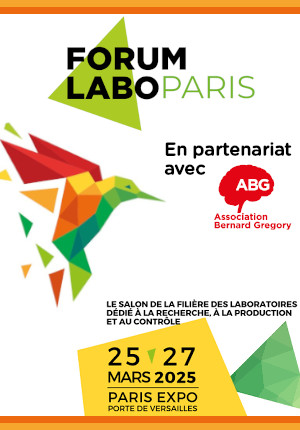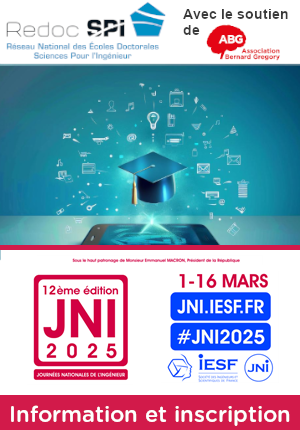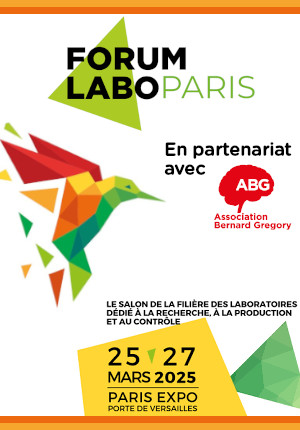Power-to-Methanol : Advancing Towards a Sustainable Economy
| ABG-128571 | Thesis topic | |
| 2025-02-13 | Public funding alone (i.e. government, region, European, international organization research grant) |
- Process engineering
- Energy
- Materials science
Topic description
Methanol is a versatile chemical feedstock and an emerging renewable fuel with significant potential to decarbonize the chemical and energy sectors. However, current methanol production, which heavily depends on fossil fuels, is a major contributor to global greenhouse gas (GHG) emissions. This PhD project aims to develop multistep integrated processes that leverage renewable energy and advanced catalytic systems to convert a greenhouse gas (carbon dioxide) into methanol.
The research will focus on designing innovative materials and processes to maximize methanol conversion efficiency while minimizing energy losses and environmental impact.
Project description in brief:
The research project can be divided into a few key objectives. 1) Materials development via nanoscale engineering: A vast range of advanced heterogeneous (porous/non-porous) materials will be developed for methanol synthesis. 2) Multistep reactions for sustainable methanol production: Starting from carbon capture, integrated multistep processes will be developed for carbon dioxide to methanol conversion. The incorporation of sunlight-driven electrochemical processes will make the overall system sustainable. 3) Sustainability assessment: A comprehensive life cycle analysis will be performed to evaluate environmental impacts and energy balance related to methanol production. The techno-economic feasibility will be evaluated for industrial scalability.
Impact of this research on our society and environment:
The development of robust materials and scalable technologies for sustainable methanol production would make a substantial impact on our society and environment. Converting carbon dioxide into methanol promotes a circular carbon economy, ensuring the re-utilization of carbon rather than releasing it into the environment. By utilizing renewable energy resources, this process will minimize the carbon footprint of methanol production, which traditionally relies on fossil fuels. This technology can further enable decentralized fuel production systems.
Starting date
Funding category
Funding further details
Presentation of host institution and host laboratory
A 6-year teaching assistant PhD position will be available from 15th September 2025, under the supervision of Dr Motiar Rahaman, a new Associate Professor in Power-to-Fuel.
Dr Rahaman’s research profile: Scholar.Google.Com_Rahaman
Website :
PhD title
Country where you obtained your PhD
Institution awarding doctoral degree
Candidate's profile
A highly motivated, talented candidate will be the best fit for this position. The ideal candidate would have a background in Chemical Engineering, Materials Science & Engineering, Chemistry, and/or Renewable Energy Technologies with a strong interest in catalysis, energy systems, and sustainability. The candidate should have proficiency in English.
The candidate will also act as a teaching assistant and will be responsible for supervising exercise and laboratory sessions for several courses within the Department of Chemical Engineering. On average, the candidate’s teaching duties will represent approximately one-third of the total workload. Since a large part of the courses are taught in French, the candidate needs to know French as well.
Vous avez déjà un compte ?
Nouvel utilisateur ?
Get ABG’s monthly newsletters including news, job offers, grants & fellowships and a selection of relevant events…
Discover our members
 Tecknowmetrix
Tecknowmetrix  Nokia Bell Labs France
Nokia Bell Labs France  ADEME
ADEME  Institut Sup'biotech de Paris
Institut Sup'biotech de Paris  MabDesign
MabDesign  Généthon
Généthon  MabDesign
MabDesign  ONERA - The French Aerospace Lab
ONERA - The French Aerospace Lab  SUEZ
SUEZ  PhDOOC
PhDOOC  ANRT
ANRT  TotalEnergies
TotalEnergies  Aérocentre, Pôle d'excellence régional
Aérocentre, Pôle d'excellence régional  CASDEN
CASDEN  Groupe AFNOR - Association française de normalisation
Groupe AFNOR - Association française de normalisation  Ifremer
Ifremer  CESI
CESI  Institut de Radioprotection et de Sureté Nucléaire - IRSN - Siège
Institut de Radioprotection et de Sureté Nucléaire - IRSN - Siège  Laboratoire National de Métrologie et d'Essais - LNE
Laboratoire National de Métrologie et d'Essais - LNE










